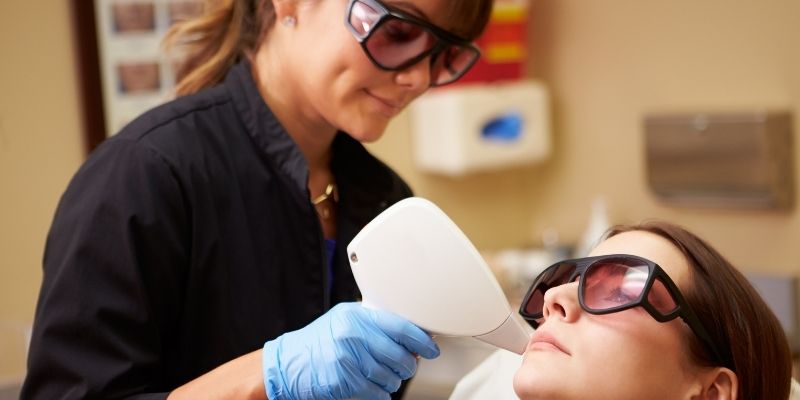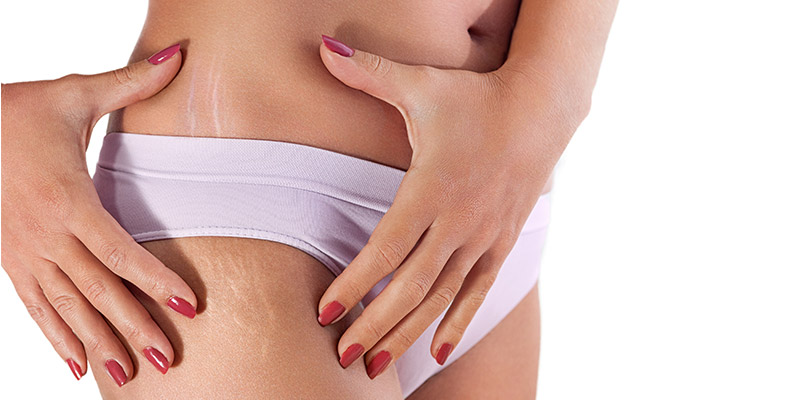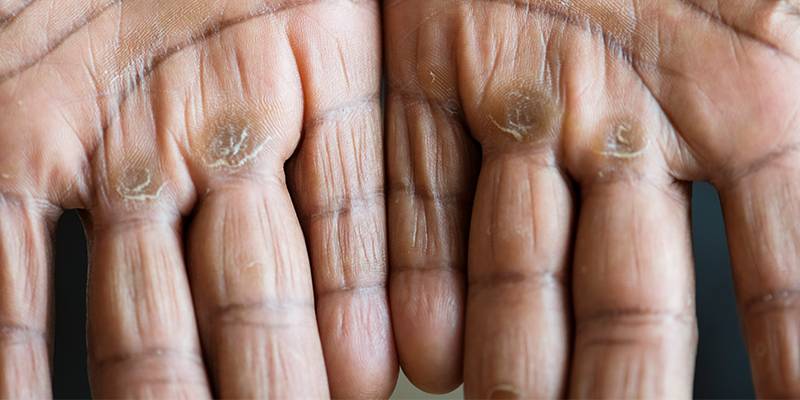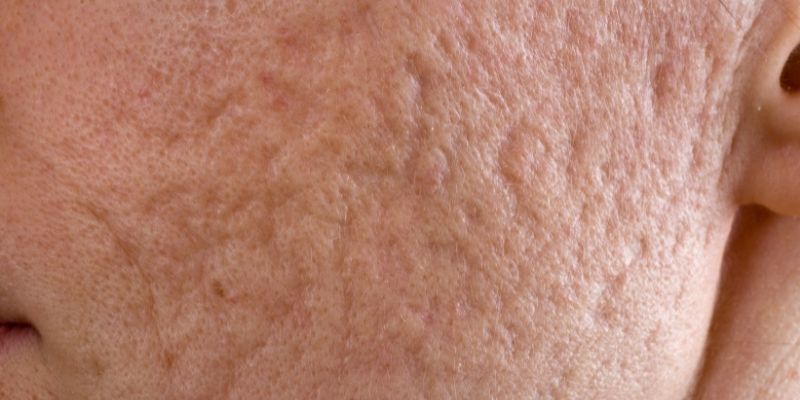How To Get Rid Of Oily Skin?
Oily skin can be a major issue as it can lead to clogged skin pores, pimples, and other skin problems. It can be tough to get rid of oily skin but by following the right kind of treatment and skin care, one can attain a smooth and healthy skin texture.
What Is Oily skin?
When there is an excess amount of sebum (a natural oil produced by our skin), it enlarges the pores and accumulates on the surface, making the skin feel greasy. If left untreated, this clogs the skin pores and can lead to acne, blackheads and other skin issues.
What Causes Oily Skin?
- The overuse of harsh skin care products can cause a rebound increase in sebum and change the pH of the skin thus causing irritation around skin pores
- Genetics and family history.
- Seasonal weather and medication changes can also make our skin oily.
- Climatic changes and stress can further trigger the production of oil in our skin.
- Hormonal changes during adolescence, pregnancy, etc. are considered as the major cause of oily skin.
Also Read: How To Get Rid Of Dry Skin?
How To Recognize Oily Skin?
Human skin is designed to produce oil to keep its surface pliable and healthy. To test whether your skin is oily, take a paper napkin and gently press it on your face, once you get up from bed, early in the morning. Try to focus on the T-area (forehead, nose, and chin). Remove the paper after 5-10 seconds. If it turns translucent with oil, then it implies your skin is oily and should be treated. Visit a dermatologist to narrow down the possible causes and pick the ideal kind of treatment and skin-care regimen.
How To Manage Oily Skin?
Follow these suggestions to manage your oily skin.
1. Exfoliating & Peels
A proper cleanser, toner or scrub, helps you get rid of dry skin cells, dirt, and unwanted oil from the surface of your skin.
Dermatologists can provide a more effective and long lasting treatment with chemical peels. Certain alpha hydroxy and beta hydroxy acid containing solutions are used by dermatologists on the affected areas which helps remove the damaged upper layers of skin. The light peeling can make your skin fair and provide a long-term solution for oily skin.
Also Read: How To Remove Pimples From Oily Skin?
2. OTC and Topical treatments
Most topical medicines contain substances adapalene, tretinoin, etc. which can inhibit the excess production of oil and remove the greasiness and rejuvenate the skin.
3. Oral medication
Inspite of over the counter medications and proper skin-care routine, if oiliness persists then consult an expert dermatologist for oral medications and antibiotics specific for your condition.
Skin Care Tips For Oily Skin
Oily skin needs more attention when compared to normal skin. Follow these tips to help handle the excess oil.
- Clean and wash your face at least 2-3 times a day with non-abrasive products for your skin type. Try cleansing agents like salicylic acid, benzoyl peroxide, or glycolic acid to deep clean your skin pores. You should remove your makeup gently with lukewarm water and cotton. There are also different kinds of wipes and cleaning agents that you can use to remove makeup.
- Avoid using heavy makeup. Try to opt for natural or organic products. Ingredients like sodium lauryl sulphate or aluminium in cosmetic products can enlarge our skin pores and trigger the sebaceous glands to produce more oil. Our forehead, nose, and chin areas form a T-zone and have a higher concentration of oil glands. Try avoiding these areas when applying makeup.
How To Prevent Oily Skin?
- Try to follow a regular skin care routine for oily skin. This includes timely cleansing, exfoliation, scrubbing, and so on. Make sure to disinfect your skin at the end to prevent the occurrence of acne.
- While scrubbing is good for oily skin, you should not overdo it. Excessive scrubbing can enlarge the pores on our skin and increase the production of oil in rebound manner.
- Always keep your body hydrated. Dehydration is one of the major causes of oily skin, which can easily be prevented.
- Excessive sun exposure and humidity can also be a reason for oily skin. Wear high SPF sunscreens to protect your skin from drying out.
- Keep blotting papers handy and use them to clean your skin from oil and sweat whenever you can.
- Using deep cleaning face masks as directed will help control oily skin,
- There is no substitute for a healthy lifestyle. Exercise regularly and avoid oily food to have a healthy body and mind.
The suggestions above will help you control your issues with oily skin. Reach out to an expert dermatologist and treat the condition of oily skin in a timely manner, before it causes any further damage to your skin.















